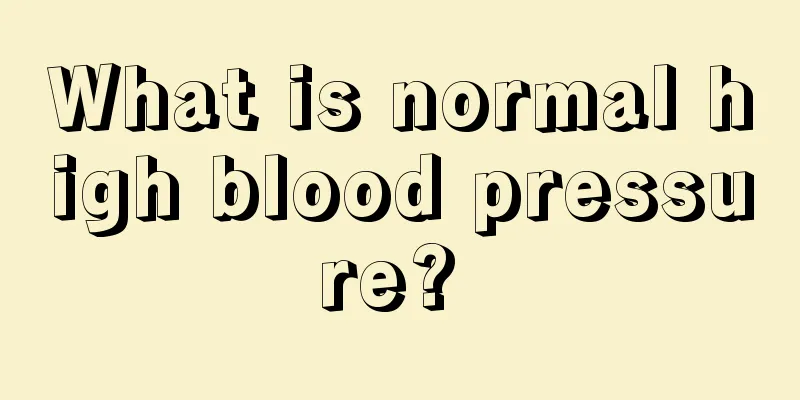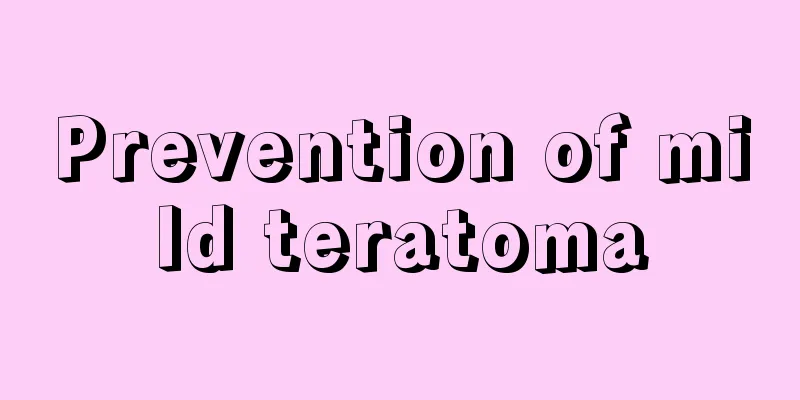What is high blood pressure? Causes of high blood pressure

|
Most people have often heard of hypertension, but they don’t quite understand what it is. Hypertension has a great impact on people’s lives and endangers their physical health. Hypertension can induce many complications, and clinically there are two main types of hypertension: primary and secondary. 1. Hypertension is a clinical syndrome characterized by increased systemic arterial pressure. It is the most common cardiovascular disease. Long-term hypertension is also an important risk factor for a variety of cardiovascular diseases. It affects the functions of important organs such as the heart, brain, and kidneys, and ultimately leads to the failure of these organs. It can be divided into two categories: primary and secondary. In most patients, the cause of hypertension is unknown, which is called primary hypertension, accounting for more than 95% of all hypertensive patients. In less than 5% of patients, high blood pressure is a clinical manifestation of certain diseases, and there is a clear and independent disease in itself, which is called secondary hypertension. 2. Clinically, many hypertensive patients, especially obese ones, are often accompanied by diabetes, and diabetes is also often accompanied by hypertension. Hypertension, high blood sugar and high blood lipids are collectively referred to as the "three highs" and are known as the "invisible killers" of human health. It is one of the main types of diseases that require chronic disease management by health managers. Hypertension is a "cardiovascular syndrome" and treatment measures should be determined based on overall cardiovascular risk. Attention should be paid to comprehensive intervention of multiple cardiovascular risk factors. Hypertension is a "lifestyle disease". Seriously changing unhealthy lifestyles, limiting salt and alcohol intake, and controlling body weight will help prevent and control hypertension. 3. Hypertension is a progressive "cardiovascular syndrome" characterized by a sustained increase in arterial blood pressure, which is often accompanied by other risk factors, target organ damage or clinical diseases and requires comprehensive intervention. Antihypertensive treatment includes both non-drug and drug methods. Most patients need long-term or even lifelong treatment. Measure blood pressure regularly; standardize treatment, improve treatment compliance, and achieve blood pressure reduction targets as much as possible; maintain long-term, stable and effective blood pressure control. |
<<: Methods to treat herpes, these are what you need to know
>>: What are mental illnesses? Various types of mental illness
Recommend
Burning pain in chest
In daily life, many people have experienced a bur...
What should I do if I don’t want to have sex one week into my pregnancy?
Sexual life is not only a physiological need for ...
What are neurotransmitters?
Human life activities require neural regulation, ...
How to treat coccyx dislocation, two methods are effective
There are many reasons for coccyx dislocation, so...
What to do if you get a blister on your toe
Blisters on the toes are caused by water accumula...
What to do if you have moderate alcohol poisoning
Today's young people are always active at nig...
Three common types of perforation in colon cancer
Colon cancer perforation is the second most commo...
What to eat for appendicitis? This diet helps recovery
Appendicitis is a common intestinal disease in da...
What are the benefits of black dates
Black dates are also a common type of dates. Alth...
How is it not easy to die from teratoma
How is it that teratoma is not easy to die? The n...
What are the early symptoms of laryngeal cancer?
In recent years, laryngeal cancer has become a ma...
Do you know about the causes of liver cancer?
It is good to understand the causes of liver canc...
Toothache causes headache
If a toothache occurs, you must not ignore it, be...
What are the early symptoms of lymphoma and how to treat it
What are the early symptoms of lymphoma? How to t...
Is bladder cancer prone to recurrence?
When we say someone is "cured" of a dis...









